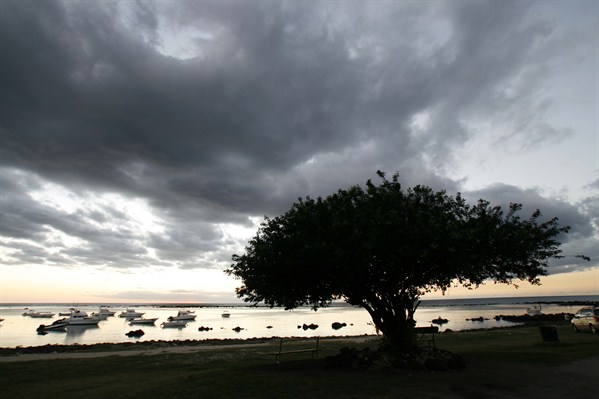Radical Islam has traditionally held little appeal for the multiethnic and multicultural population of Mauritius, though there are signs Islamist extremism it is making some inroads. A review of the government’s response offers lessons for countries where political power is divided explicitly along ethnic or religious lines.
In late 2014, Mauritian intelligence services discovered that a handful of Muslims from Mauritius had traveled to Syria and Iraq to fight for the self-proclaimed Islamic State. Many of those jihadi recruits were swayed and enabled by a small yet troubling network of ideologues in the tropical island nation, which is located in the Indian Ocean some 1,200 miles east of mainland Africa. Intelligence gathered by Mauritian field officers identified one individual in particular, a radical preacher named Javed Meetoo, as the network’s leader.
Since he emerged on their radar, Mauritian officials have closely followed Meetoo’s efforts to build his movement.* In October 2015, Meetoo created his own educational society, Abu Faaris, which quickly established links with two Islamist social groups, Zam Zam and Al Huda Wan Noor society, both of which sympathize with Islamic State ideology. Since then, Meetoo’s public addresses promoting Shariah law have become more prominent and daring.

